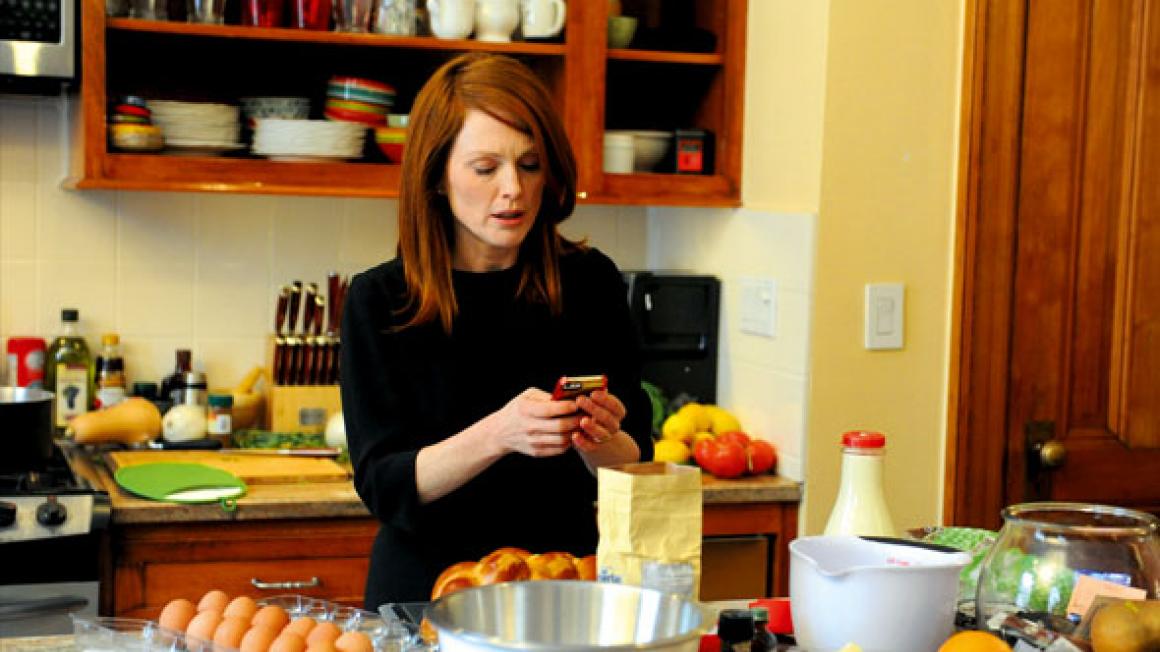Still Alice
 The one absolute shoo-in for an Oscar this year was Julianne Moore as best actress. She duly won it for this film. Mind you, she should have won last year for Maps To The Stars but wasn’t even nominated.
The one absolute shoo-in for an Oscar this year was Julianne Moore as best actress. She duly won it for this film. Mind you, she should have won last year for Maps To The Stars but wasn’t even nominated.In Still Alice, adapted from a novel by Lisa Genova, she plays a linguistics professor at Columbia University with a husband, Alec Baldwin, and three children, Kate Bosworth, Hunter Parrish and Kristen Stewart – a smart, successful woman of 50 for whom, surely, life can only get better.
But there’s the matter of her occasional forgetfulness and that becomes horrifying when diagnosed as early-onset Alzheimer’s. This is territory that the movies have trodden before, with films such as Iris, which was largely concerned with how Iris Murdoch’s husband dealt with her Alzheimer’s. This one is different because although we see the effect of her illness on those close to her, the main concern is Alice’s reaction. And here Moore is brilliantly convincing. Bit by bit we watch her falling apart, a once highly articulate woman groping for words in her lectures and finding herself lost with no idea where she is in normally familiar surroundings.
She tries to compensate for her rapidly failing memory, her inability, for instance, to remember her daughter’s name, by leaving information for herself on her iPhone and computer. She also leaves instructions on how to commit suicide if life becomes unbearable. Meanwhile, her children have more than just their mother to worry about; her illness, they learn, is hereditary and there’s a 50 per cent chance that they, too, will suffer from it.
Still, they rally round, as does Baldwin, though along with his love for Alice he is deeply concerned with his own career. There is something about Baldwin as an actor that I find slightly creepy and there is just a hint of it in his strong performance here as love vies with self-interest. The best of the supporting cast, however, is Kristen Stewart as an aspiring actress and occasionally rebellious daughter, who can be both supportive and defiant when dealing with her ailing mother.
The story itself is not particularly remarkable but what makes it special and very moving is Moore. Where another actress might have made a spectacular feast of such a role, she does not. Instead she is, from the start, restrained and hence believable. Her increasing bewilderment, desperation and fear seem perfectly natural and are all the more realistic for that. Even in intensely moving sequences, such as the speech she gives to a mental-health conference, she never goes over the top to grab our sympathy and as a result we give it to her wholeheartedly.
This is a great performance by an actress who, at 54, has never been better. Watching her I felt enormous sympathy for her contemporaries, like her still beautiful and youthful in their 50s, who complain frequently and justly that there are too few roles for women of their age.



